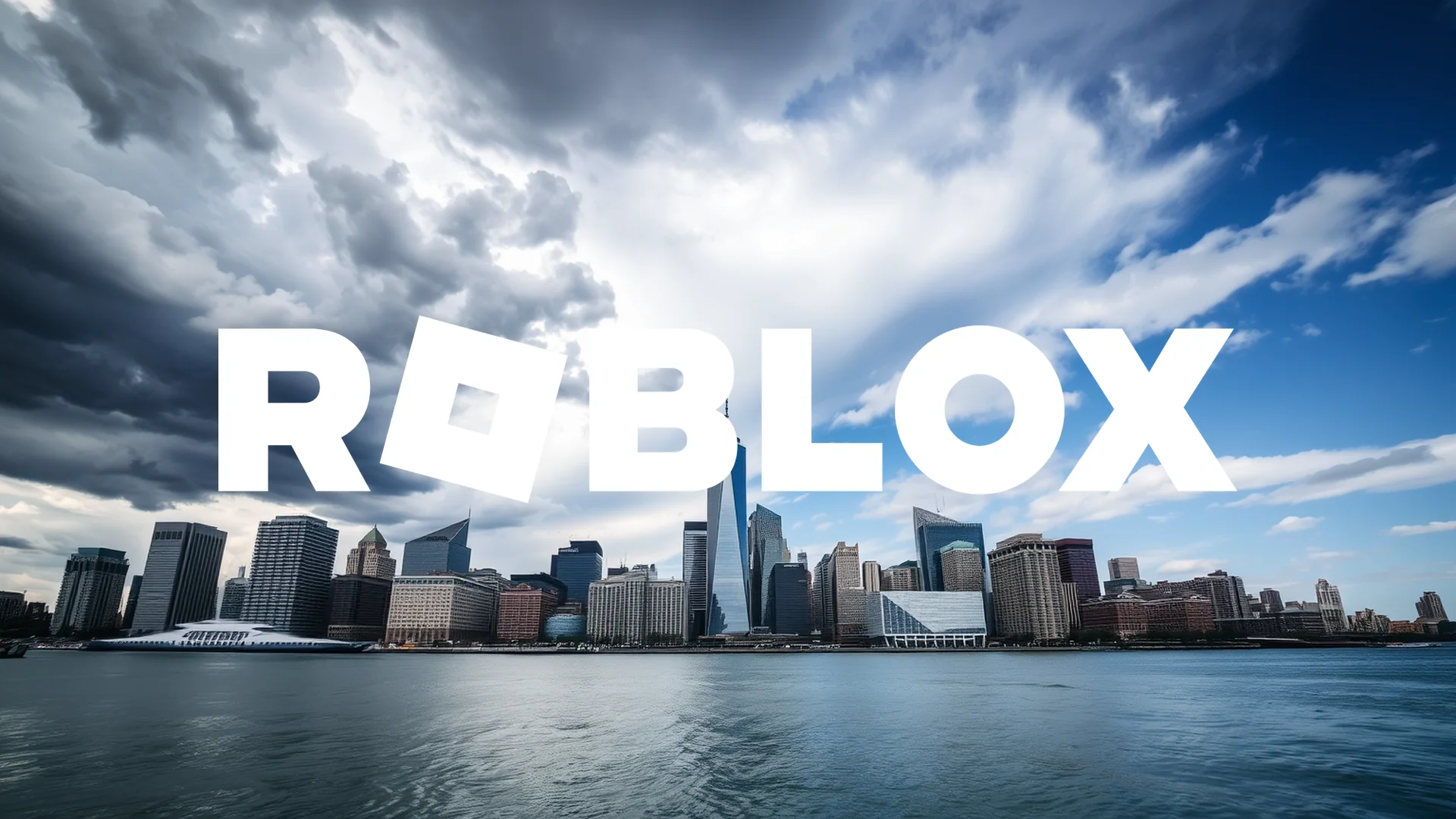In the competitive landscape of interactive digital experiences, two distinct corporate philosophies are on display. Roblox Corporation (A) has built a massive user-generated content empire, while Unity Software Inc. provides the underlying technology that powers a significant portion of the world’s games and 3D experiences. This comparison reveals a classic strategic dichotomy between platform dominance and technological enablement.
Divergent Paths to Value Creation
The valuation gap between these companies immediately highlights their different market positions. Roblox commands a market capitalization of approximately $73.09 billion, dwarfing Unity’s valuation ranging between $15.15 billion and $16.01 billion—roughly one-fifth the size of its counterpart. This disparity reflects fundamentally different business models: Roblox operates as a dominant, closed platform ecosystem, while Unity serves as the technological foundation for countless external developers.
The Roblox Growth Engine: User Momentum and Monetization
Roblox has constructed an impressive fortress built on powerful network effects. The platform reached 151.5 million average daily active users during the third quarter of 2025, representing a remarkable 70 percent year-over-year increase. This critical mass generates substantial momentum: more users attract additional developers, who create more content, which in turn draws even more users to the platform.
This virtuous cycle extends to financial metrics as well. Quarterly revenues climbed 48 percent to $1.36 billion, while bookings exploded by 70 percent to $1.92 billion. Particularly noteworthy is the 89 percent growth in users over age 13, who now constitute two-thirds of the daily audience. This demographic shift significantly expands Roblox’s addressable market beyond its traditional user base.
However, this growth comes at a cost. Despite the revenue surge, Roblox recorded a net loss of $257.4 million. Payments to the developer community skyrocketed 85 percent to $427.9 million, indicating that aggressive expansion remains the primary strategic focus, even at the expense of immediate profitability.
Unity’s Strategic Position: The Technology Enabler
Unity pursues a completely different approach. Rather than building a proprietary user platform, the company provides essential tools for millions of developers worldwide. The Unity engine powers a substantial percentage of mobile, PC, and console games.
The company’s strength lies in its diversification strategy. Unity extends beyond gaming to serve architects, automotive designers, and filmmakers. This breadth could prove advantageous if particular market segments experience weakness.
Should investors sell immediately? Or is it worth buying Roblox Registered (A)?
The company’s new Vector AI advertising platform shows particular promise, with early results indicating 15 to 20 percent increases in both app installations and in-app purchases on iOS. While Roblox focuses on expanding its closed economy, Unity is equipping the broader developer community with increasingly sophisticated monetization tools.
Critical Junctures: Growth Versus Profitability
Recent quarterly results reveal both companies at pivotal moments in their corporate trajectories. Roblox demonstrates hyper-growth in users and revenues but pays a substantial price through persistent losses. The company continues heavy investment in its developer ecosystem—a strategy that may yield long-term benefits but undoubtedly pressures short-term profitability.
Unity faces a different inflection point. Market experts anticipate approximately $447.59 million in revenue for the upcoming third quarter results, with projected earnings surging 154.84 percent to $0.17 per share. These expectations suggest a potential transition toward sustainable profitability, driven by high-margin services and efficiency gains from AI-powered tools.
Future Trajectories: Ecosystem Lock-In Versus Technological Infrastructure
Two primary scenarios emerge when considering these companies’ futures. In the first scenario, Roblox’s “platform powerhouse” strategy prevails. Network effects create an insurmountable competitive moat, user growth continues its momentum, and the company successfully converts its scale into sustained profitability. The aging user demographic supports higher monetization rates and solidifies Roblox’s position as the dominant force in interactive entertainment.
Alternatively, Unity’s “technology enabler” approach could prove superior. As metaverse and real-time 3D content become ubiquitous across multiple industries, Unity’s position as a core technology provider could lead to widespread, high-margin adoption. Should its AI-powered monetization tools significantly outperform competing solutions, Unity could capture greater value from the content creation ecosystem—regardless of where the resulting experiences are ultimately consumed.
Market Sentiment: Investment Perspectives
The analyst consensus reflects this strategic divergence: Roblox receives predominantly “buy” ratings, while Unity is more frequently rated as “hold.” Price targets vary considerably for both equities, underscoring the uncertainty surrounding their respective valuations.
Ultimately, investors face a choice between two fundamentally different investment theses: Roblox betting on the power of its proprietary ecosystem and network effects, while Unity stakes its future on becoming an indispensable technology infrastructure provider. Both strategies possess legitimate pathways to success—though market dynamics will ultimately determine which approach proves more sustainable.
Ad
Roblox Registered (A) Stock: Buy or Sell?! New Roblox Registered (A) Analysis from February 7 delivers the answer:
The latest Roblox Registered (A) figures speak for themselves: Urgent action needed for Roblox Registered (A) investors. Is it worth buying or should you sell? Find out what to do now in the current free analysis from February 7.
Roblox Registered (A): Buy or sell? Read more here...











